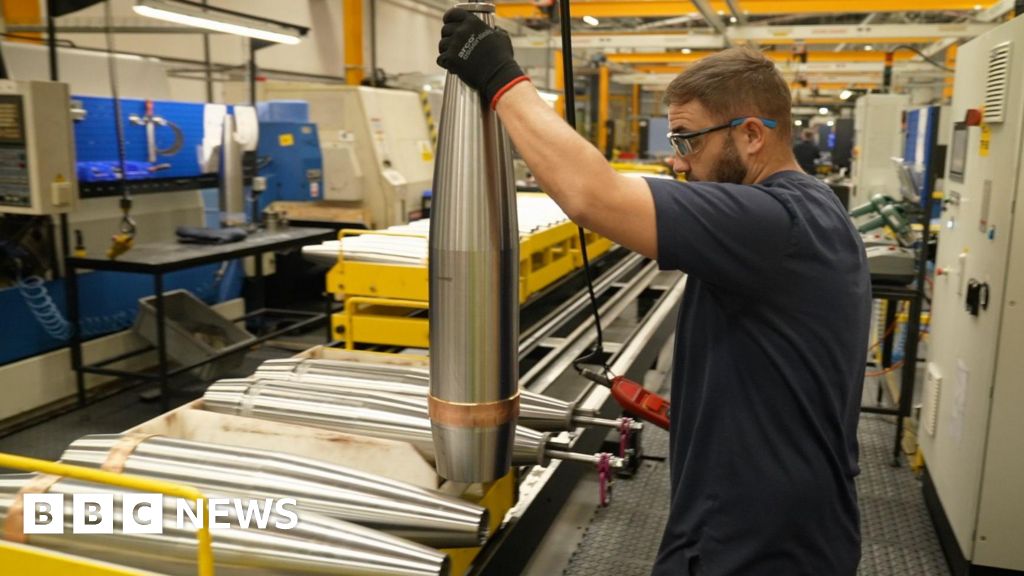ARTICLE AD BOX
Image source, Getty Images
The US Justice Department (DoJ) is suing ride-hailing app Uber over allegations it has been overcharging disabled people.
The DoJ claims Uber's "wait time" fees are discriminating against disabled passengers who need more than two minutes to get into a car.
It says Uber needs to comply with the Americans with Disabilities Act (ADA).
But Uber said wait time fees were not intended to apply to disabled riders and that it had been refunding fees.
Kristen Clarke, assistance attorney general for the DoJ's civil rights division said the lawsuit aimed to send a "powerful message that Uber cannot penalise passengers with disabilities simply because they need more time to get into a car".
Uber and other companies that provide transportation services "must ensure equal access for all people, including those with disabilities," she added.
However, Uber said it disagreed that its policies were in violation of the the ADA.
A spokesman said the company had been in talks with the DoJ before the "surprising and disappointing" lawsuit.
Wait time fees were "never intended for riders who are ready at their designated pickup location but need more time to get into the car", he said.
Uber had a policy of refunding wait time fees for disabled riders whenever they alerted the firm that they had been charged, the spokesman said.
"After a recent change last week, now any rider who certifies they are disabled will have fees automatically waived," he added.
Uber began charging passengers for driver waiting times in 2016.
The firm says riders are charged on average less than 60 cents, and that wheelchair-accessible trips or Uber Assist trips do not have any wait time fees by default.
It is not the first time that Uber has found itself in hot water over disability issues.
And in the UK, Paralympic medallist Jack Hunter-Spivey said in September that Uber and other taxi drivers regularly drove off when they saw that he was a wheelchair user.

 3 years ago
124
3 years ago
124








 English (US) ·
English (US) ·